Moroccan Culture and Customs
Moroccan Traditions Culture
Moroccan Culture is unique with its own culture, much like all other nations. Additionally, it is a place that accepts differences. We’ll talk to you about Morocco’s unique characteristics as well as the fact that it has evolved into a nation that embraces various cultures, customs, and even practices them in some areas. Given how much its culture has changed throughout the years, this nation has genuinely understood what it means to be diverse.
Morocco is a country rich in art and history, and it has historically been home to a variety of peoples, including Berbers, Phoenicians, Arabs, South Africans (Sub-Saharan), Spanish-Andalusians (both Muslim and Jewish), and Romans. However, the majority of Moroccans are Berbers and Arabs by ethnicity, and at least one-third of the country’s population speaks the Amazigh language.
Moroccan Hospitality
One of the nicest people you’ll ever meet is definitely a Moroccan! Don’t be surprised if you are invited to drink “Atay,” the Moroccan Mint Tea, which is composed of gunpowder tea, sugar, water, and fresh mint (or chiba, Artemisia arborescens, during winter). During the Tea ceremony, they will tell you all the stories you might need or not need to know about. They will welcome you into their homes without even the need to make sure of who you really are. As for children? They’ll give you a comprehensive introduction to the variety of cultures here and teach you what fun really is.
Moroccan-style buildings
Architectural styles, such as Arabic architecture for fountains, geometric design and Islamic calligraphy, Persian techniques for tiling concept (Zellige), and Al-Andaluz Architecture (Southern Spanish) for Andalusian gardens and arches, have had a significant influence on Moroccan architecture. French architecture has affected more modern construction as a result of France’s occupation of Morocco in 1912. In spite of this. More contemporary structures maintain a harmonious fusion of all these architectural motifs.
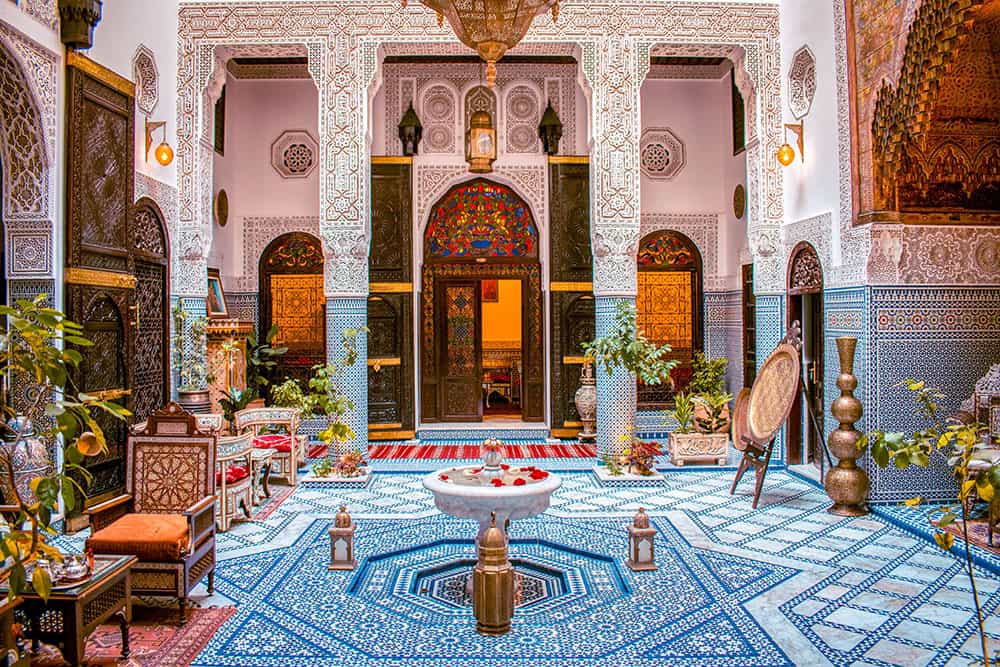 Riad in Fes Medina
Riad in Fes Medina
Weddings in Morocco
Moroccan wedding are extraordinary! Before the big day, a groom must offer his bride specific gifts, such as sugar or henna as well as other presents of his choosing.
According to tradition, the bride must accompany her family to the traditional Moroccan hamam (sauna) two days prior to the wedding. This is done as a form of cleansing as they sing traditional songs. The renowned Moroccan Henna is used in the following ritual. As they hire a professional to paint significant symbols on the bride’s hands and feet. The Moroccan wedding lasts at least four to eight hours, and the bride is taken care of and her appearance is taken care of by a negafa (a woman who performs make-up services), which varies depending on the city’s ceremonies. Both the bride and the husband sit in an Amariya, a traditional ornate chair. As they raise them in what resembles a chair, sort of.
All of them are regarded as traditions, whether they are weddings, the music we call “Dekka El Merrakchya,” the henna that is widely available on the streets, or even the act of brewing “Rezza” tea by pouring it into a cup. Moroccan customs are undoubtedly unique. And these customs are what truly define Moroccan culture.
Moroccan People and Lifestyle
The inhabitants and citizens of Morocco are Moroccans. The majority of Moroccans are Arab (including the Hassanya of the Sahara), Berber (including the Arabized Berbers of the coastal plains), Moorish from Al Andalus (actually Spain), who have preserved a significant portion of Andalusian civilization in the country’s traditional medinas. Black (Harratins of the south, descendants of Sub-Saharan slaves of the Songhai Empire who have bequeathed the Gnawa culture and its significant mystical and musical heritage).
Moroccans adhere to Islamic principles, and both nuclear and extended families in Morocco are built on a solid foundation of oneness. In contrast to western culture, there are very few elderly homes because children are expected to care for their parents as they age.
Although it’s not what kids wear today, the Djellaba is our local traditional attire. Additionally, there is the Caftan, which we might also wear to weddings! At weddings, women don caftans or takchitas with heels instead of the traditional “Balgha” (flat leather slippers).
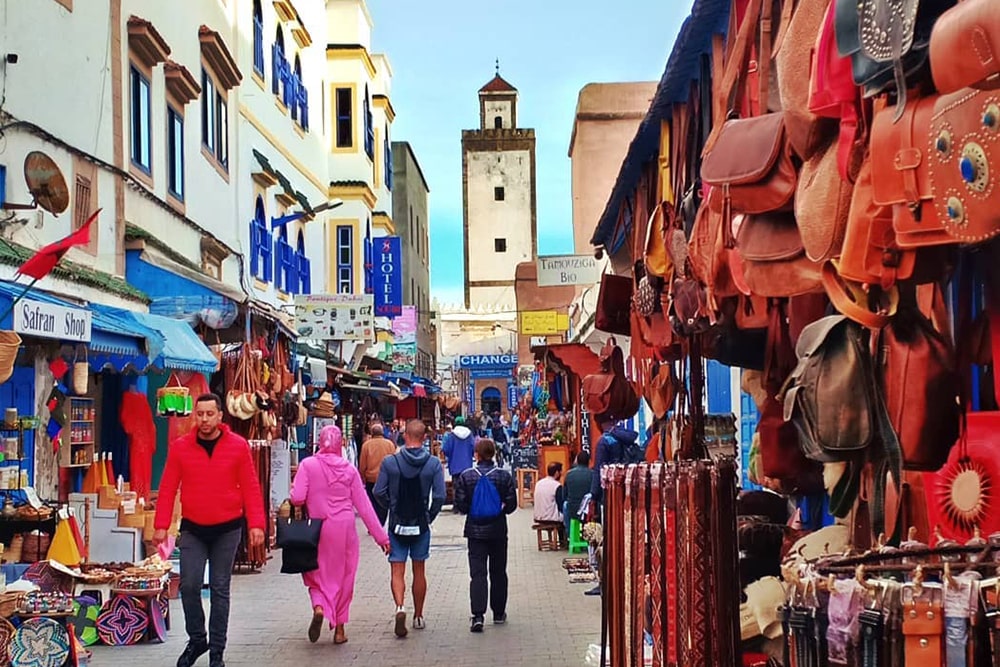
Moroccan Food
When you ask a Moroccan where he is from, he will immediately start talking about his food! Yes, the food is difficult to convey in words alone, despite what you may have heard. The dinners, which include Pastilas, Tajines, and Couscous, will charm you! They are not only expertly prepared, but also quite meticulous. particularly the spices Ask any Moroccan, and he’ll tell you that the key to Moroccan cooking is understanding how to use spices.
Cumin, salt, pepper, oregano, parsley, coriander, caraway, and even mint are the spices that are most frequently used. Ginger, paprika, turmeric, and Moroccan saffron are added next. The fact that we have a spice we name “Ras El Hanout” on our own may be the most important fact regarding Moroccan spices you should be aware of. There are 27 different spices used to create this one.
Moroccan food is now often a fusion of Mediterranean, Arabic, Andalusian, and Berber cuisine. Its encounters and exchanges with various cultures have had a significant influence on it, demonstrating just how cosmopolitan Morocco is! Only a brief introduction to Moroccan cuisine is provided above.
If you intend to visit us soon, you might like to try one of the following meals: Tagine is definitely the first dish you should try, followed by Bissara, a dried wide bean soup, Harira, a hearty stew rich in tomatoes, lentils, chickpeas, and lamb, and Bissara. All of these dishes are spiced up with coriander and lemon juice. Next, try couscous. Not to mention, Maakouda, a potato pancake! Although there is only one country, you should keep in mind that different places and households will prepare each of these recipes differently. This is undoubtedly the reason you should visit us and see for yourself what we’re talking about. Be confident that you will receive a warm welcome.
Moroccan Food
There are a few etiquette guidelines to follow to guarantee a comfortable and respectful travel to Morocco because it is a tolerant, traditional country with strong values. In a Muslim nation, clothing should be modest since, particularly in rural areas, many people find it offensive when shoulders and legs are not covered. Take clues from any shoes stacked up at the doorway. Generally speaking, shoes should be taken off before entering a room. If you’re invited to a family meal, you should refrain from speaking until the host has uttered the phrase “bismillah,” which is Arabic for “in the name of God.”
Almost all Moroccans observe Ramadan, a month-long fast during which Muslims are not allowed to consume any food or drink between sunrise and sunset.
Tipping has become a way of life in Africa, and Moroccans who perform a task skillfully will anticipate receiving a gratuity in return. A few dirhams will go a long way in expressing your gratitude if a waiter, cab driver, porter, or other service provider provides excellent service.
Many tourists are disappointed to learn that non-Muslims cannot enter most mosques and other sacred sites in Morocco. The bulk of sacred structures should be admired from the outside, while there are a few exceptions.
Related tours
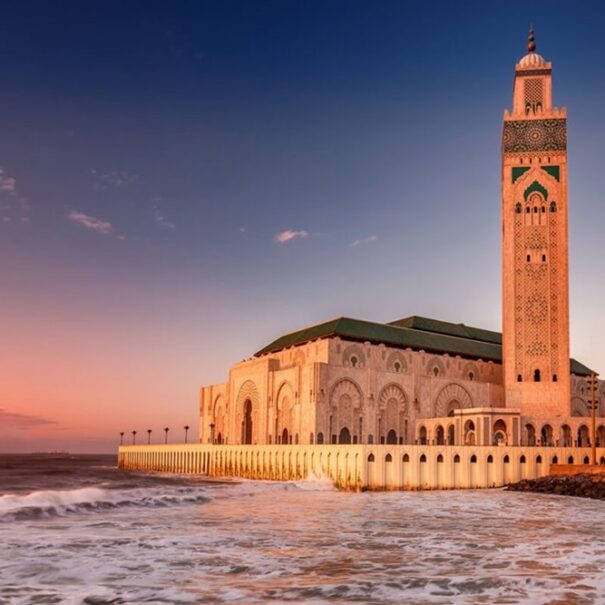
6 Days
Morocco in 6 days Tour from Casablnaca
From 700 per person
Read More
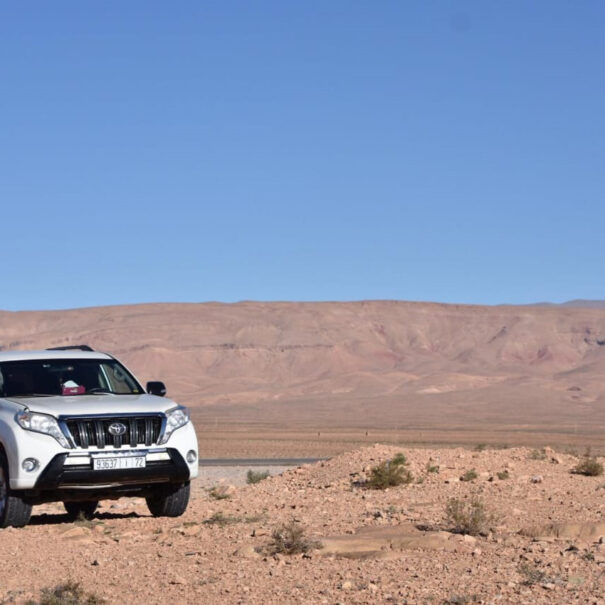
7 days
Enjoyable 7 days Tour from Casablanca to Marrakech
From 700 per person
Read More
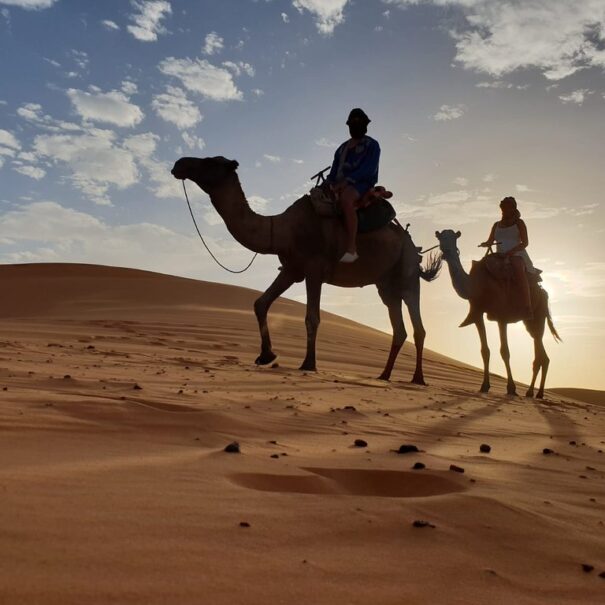
9 days
9 days desert tour from casablanca
From 950 per person
Read More
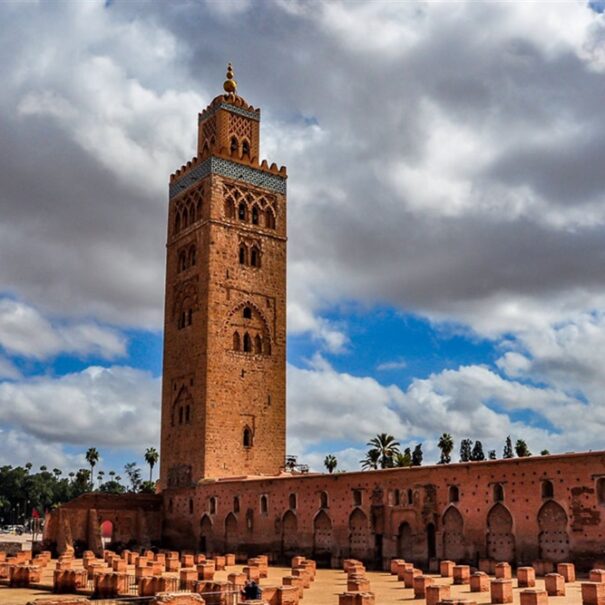
10 days
10 days from Casablanca Morocco Tour
From 1000 per person
Read More
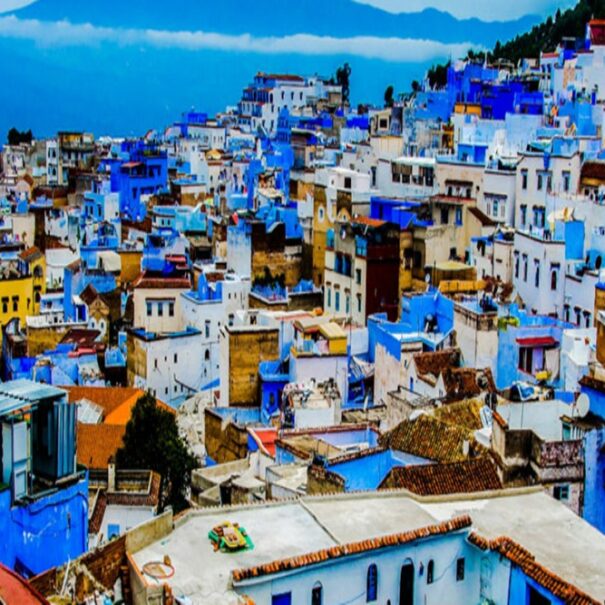
14 days
14 Trip Itinerary from Casablanca Morocco
From 1200 per person
Read More
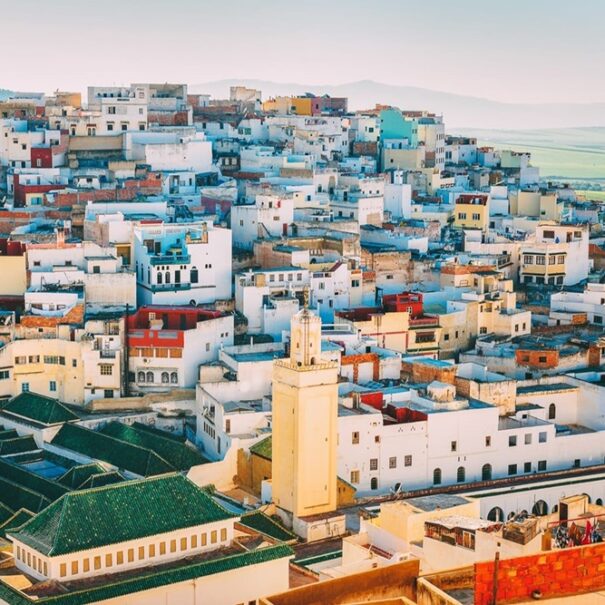
6 days
6 days Morocco tour from Tangier to Marrakech
from 600 per person
Read More
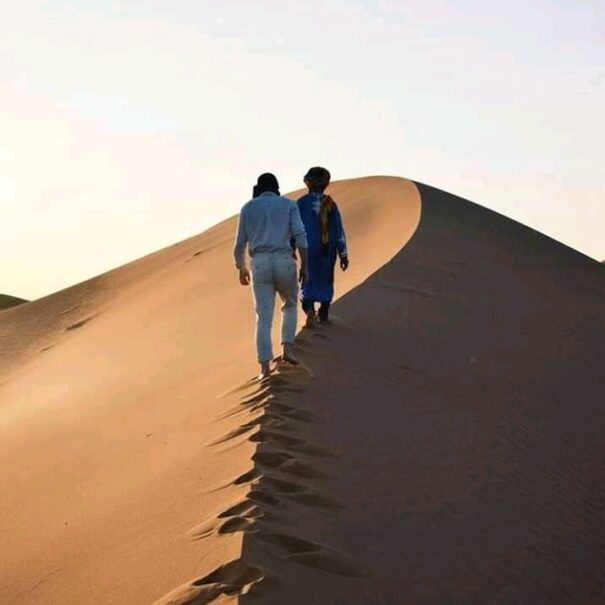
4 Days
4 days Desert trip from Fes to Marrakech
280 Per Person
Read More
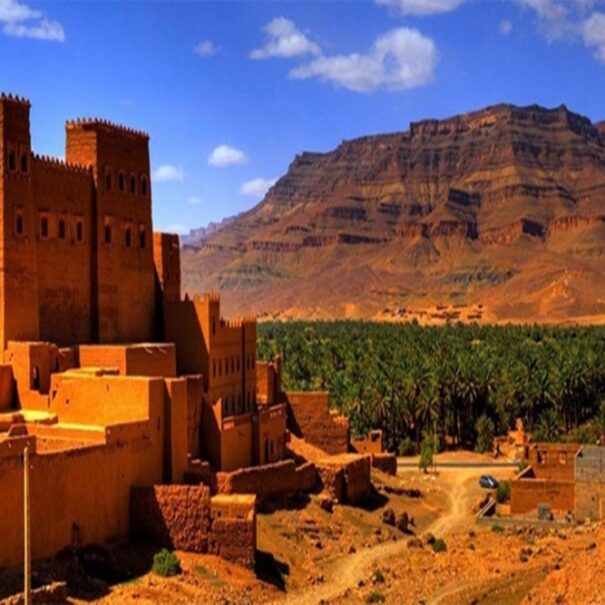
7 days
7 days desert tour from Tangier to Marrakech
From 900 per person
Read More
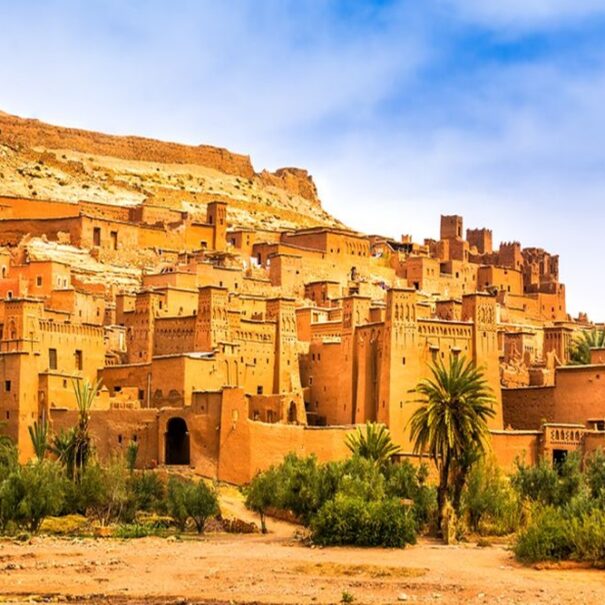
8 days
8 days Morocco tour from Tangier to Marrakech
From 600 per person
Read More

2 Days
2 days Desert excursion from Fes
From 220 per person
Read More
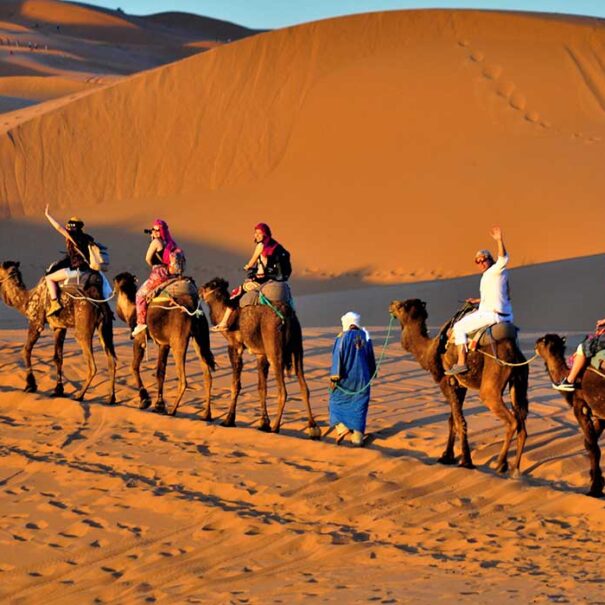
9 days
9 Days Moroccan desert trip from Tangier
from 950 per person
Read More
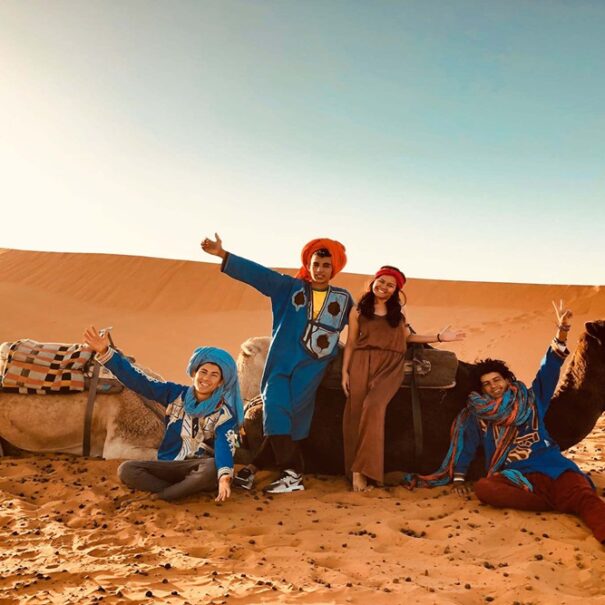
5 Days
5 days Merzouga tour from Fes to Marrakech
From 300 per person
Read More
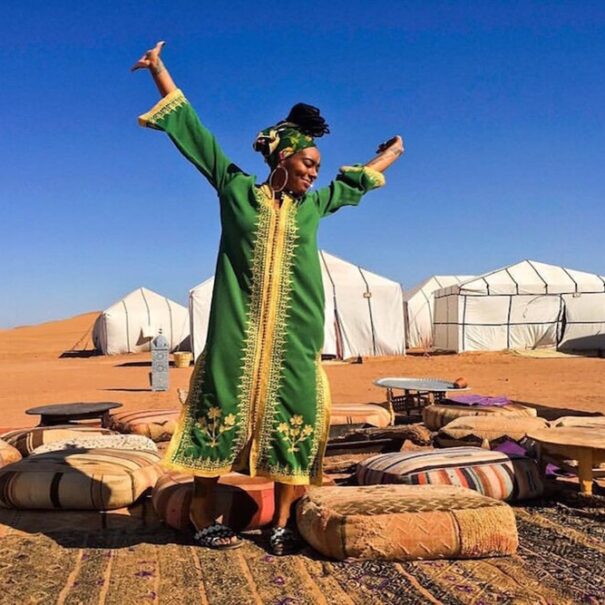
6 Days
6 days Sahara desert trip from Fes to Marrakech
From 450 per person
Read More
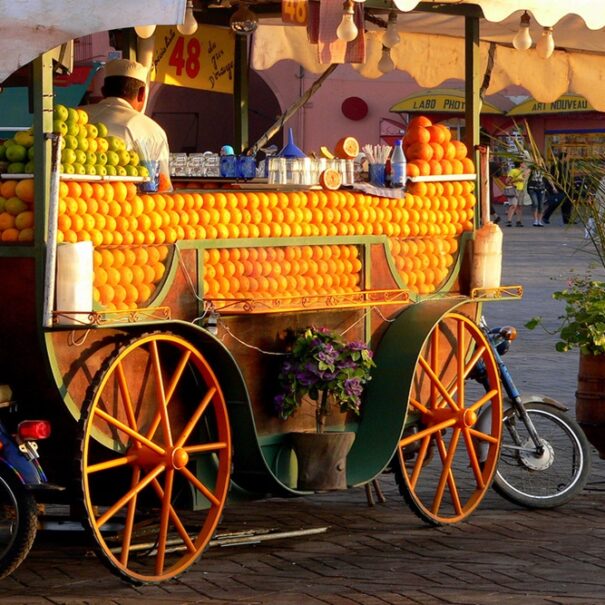
4 Days
4 days Desert Tour from Marrakech to Fes
From 300 per person
Read More
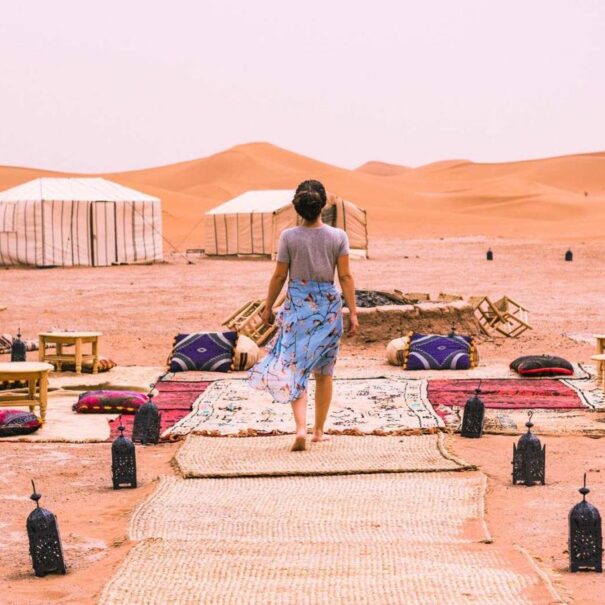
3 Days
Best 3 days Desert tour from Marrakech to fes
From 370 per person
Read More
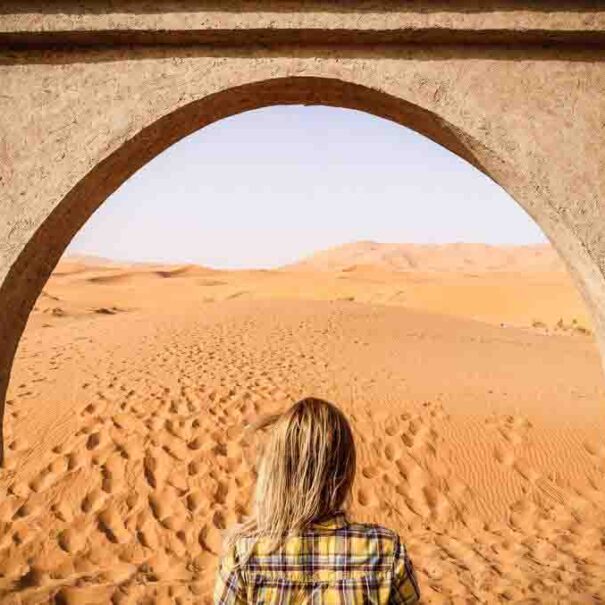
3 Days
Marrakech to Marrakech private 3 days desert trip
From 370 per person
Read More
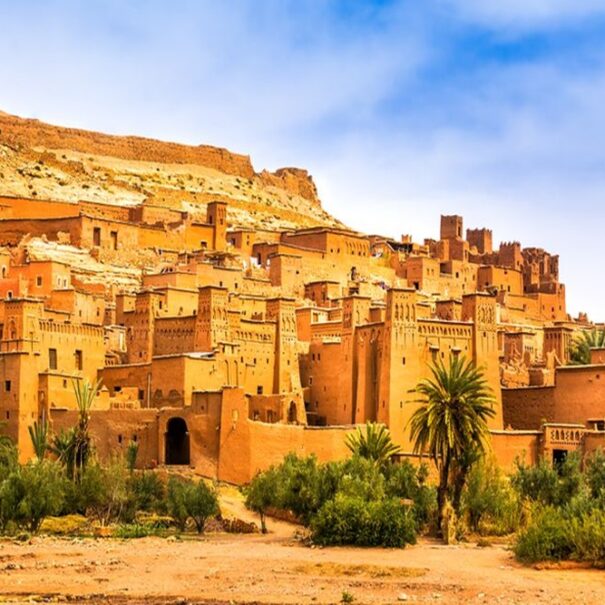
5 Days
5 Days desert excursion from Marrakech to Merzouga
From 500 Per Person
Read More
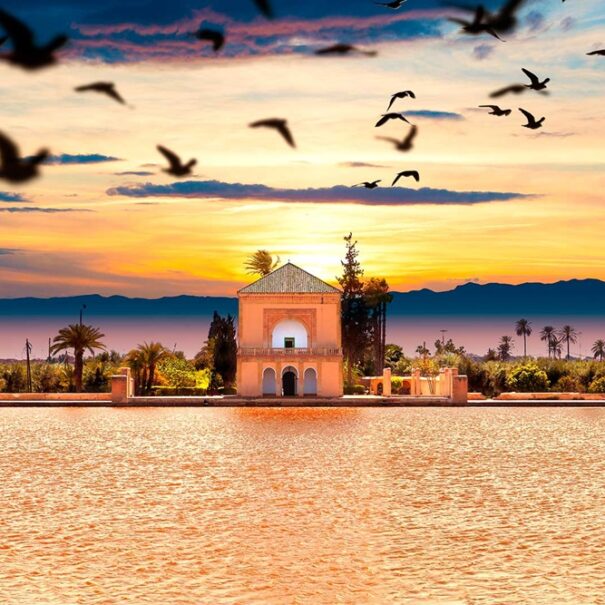
4 Days
4 days tour from Marrakech to Merzouga Desert
300 per person
Read More
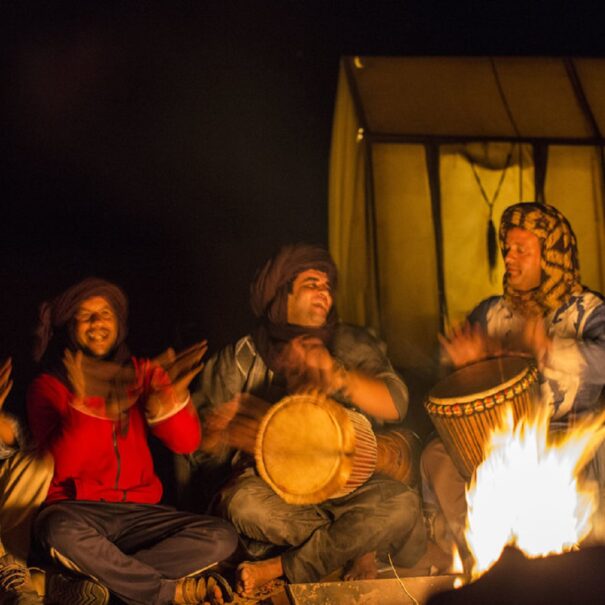
6 Days
6 days Touring Sahara, Casablanca and Fes from Marrakech
From 600 per person
Read More
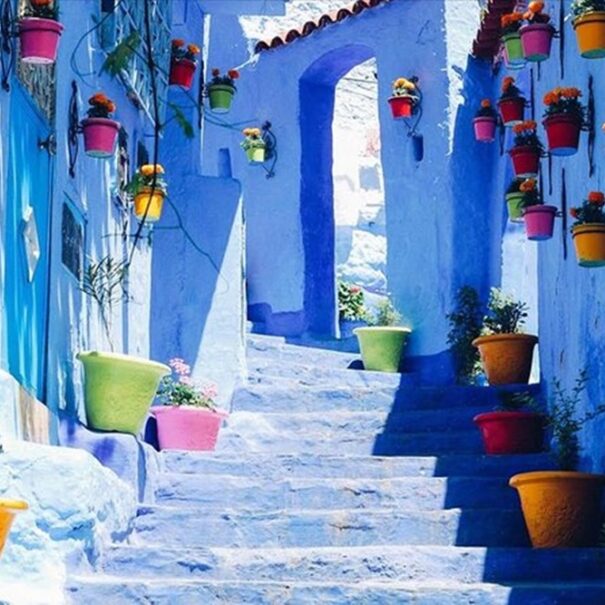
7 Days
Best 7 days Desert, Chefchaouen trip from Marrakech
From 700 per person
Read More

8 Days
Morocco top 8 days desert trip from Marrakech
From 700 per person
Read More
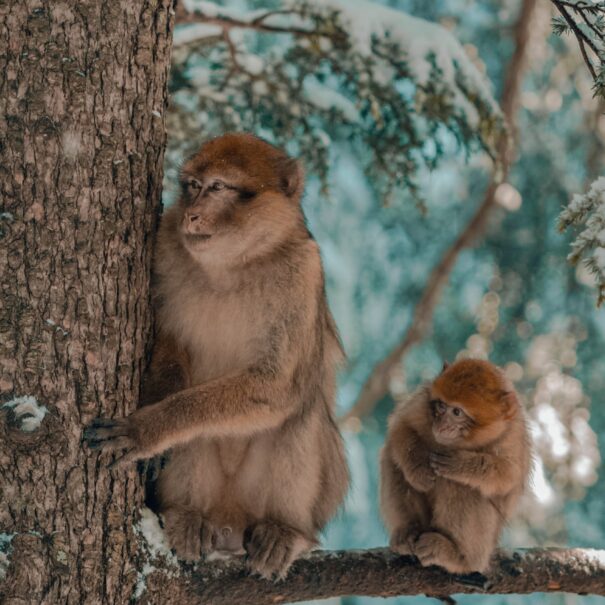
3 Days
3 days Desert tour from Fes to Marrakech
260 Per Person
Read More
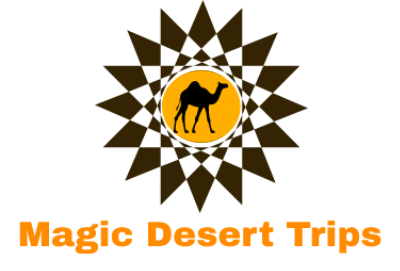
Leave a Reply